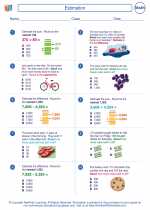Estimation -> weight
Weight
In science and everyday life, weight refers to the force of gravity acting on an object. It is a measure of how heavy an object is. Weight is different from mass, which is the amount of matter in an object. While mass is always the same no matter where the object is located, weight can change depending on the gravitational pull of the planet or celestial body.
Units of Weight
Weight is commonly measured using the metric system in units such as grams (g) and kilograms (kg), and in the imperial system using ounces (oz) and pounds (lb).
Measuring Weight
Weight is measured using a scale. A spring scale measures weight by determining the force needed to counteract the gravity acting on an object, while a balance scale compares the weight of an object to the weight of standard masses. Digital scales are commonly used for precise measurements.
Changing Weight
An object's weight can change when it is taken to a location with a different gravitational force. For example, an object will weigh less on the moon than on Earth due to the moon's weaker gravitational pull.
Summary
Weight is the force of gravity acting on an object, measured in units like grams or pounds. It can change based on the gravitational pull of the location. Understanding weight is important in fields such as physics, engineering, and everyday tasks like weighing ingredients for cooking.
.◂Math Worksheets and Study Guides Third Grade. Estimation
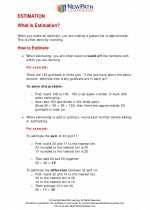
 Worksheet/Answer key
Worksheet/Answer key
 Worksheet/Answer key
Worksheet/Answer key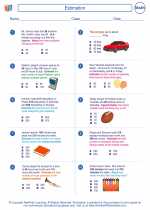
 Worksheet/Answer key
Worksheet/Answer key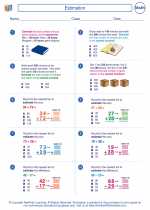
 Worksheet/Answer key
Worksheet/Answer key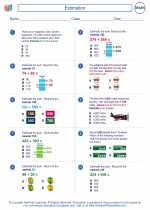
 Worksheet/Answer key
Worksheet/Answer key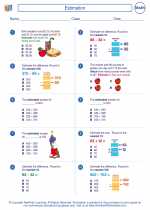
 Worksheet/Answer key
Worksheet/Answer key